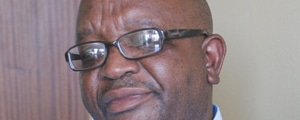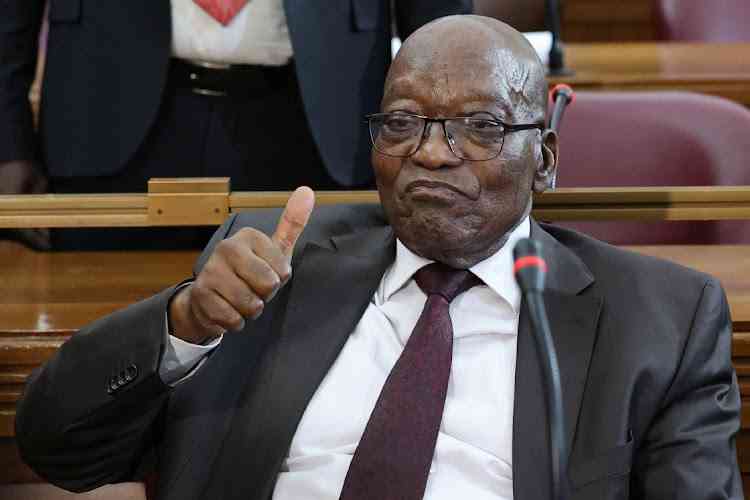
Part of the people’s expectations post the elections was the removal of sanctions by the Western powers. But this still hangs in the balance with British Foreign Secretary William Hague calling for all allegations of unfairness or rigging to be thoroughly investigated. Report by Tapiwa Nyandoro
The United States Secretary of State felt as much expressing reservations on the conduct of the elections, even though Western think-tanks had predicted a Zanu PF victory.
The leader of the opposition, Morgan Tsvangirai, is also crying foul. Are his complaints justified?
And how should the complaints be handled, so innocent Zimbabweans who carry an unfair and disproportionately large burden of the wrath of sanctions all the way to their early graves, are relieved at the earliest possible opportunity?
According to Press reports, the main opposition alleges that:
- the voters’ roll was not properly in place, especially the much coveted electronic version,
- there was evidence of intimidation and coercion
- the ink used in some places could be removed easily,
- some of the ballot paper — the so-called mutating ballot paper — smuggled into the polls was programmed to react to traces of the ink to generate a positive vote for Zanu PF and erase the entries by voters?
Rather fancifully and more like science fiction, but technically feasible in this day and age.
The country expected a congratulatory call to the winner from the loser latest early morning of August 1, 2013, when all participants in the general elections would have added up the votes displayed at every polling station.
Instead, there is a call for a new election by the opposition.
- Chamisa under fire over US$120K donation
- Mavhunga puts DeMbare into Chibuku quarterfinals
- Pension funds bet on Cabora Bassa oilfields
- Councils defy govt fire tender directive
Keep Reading
They will be in Court soon with a dossier of the alleged misdeeds praying for a re-run of the elections.
Worse, they want to do something they shouldn’t do; prevent their elected colleagues from taking their place in Parliament. They ought to respect the people who voted for them.
Elsewhere, Iran had also elected a new President, Hassan Rouhani, who said he was to concentrate more on economic prosperity through increased investment in industries and agriculture, revisiting ethical conduct in government and interacting constructively with the rest of the world.
The Iranian president vowed to “take new steps on the scene of international relations in a bid to enhance Iran’s dignity and position based on national interests and removal of the present cruel sanctions”.
These are sentiments of a Statesman. For good measure, the new Iranian president called on Western countries to stop using the language of sanctions, but that of respect when speaking to his country.
His Excellency President Robert Mugabe will no doubt be in full agreement.
The European Union (EU) ambassador Aldo Dell’Arricia, while expressing concern about the flaws in the recent election, like the British Foreign Secretary and the American Secretary of State, has left the door open for dialogue, stating that the EU’s relationship with Zimbabwe will depend on how Zanu PF uses its two-thirds parliamentary majority, particularly where the Constitution is concerned.
The Sadc Election Observer Mission, likewise, concluded its preliminary statement by urging “whoever is aggrieved by the results . . . not to engage in violence . . . but to go to the courts of law, or engage in dialogue”.
The African Union observer mission, while tentatively endorsing the elections in a preliminary report, noted the presence of “incidences that could be avoided and even tended to breach the law”.
These observations from key stakeholders like the opposition, Britain, the US and EU, Sadc and the AU should prompt the State President into action. His goal is simply to grow the economy at a minimum of 7% a year to double GDP every 10 years or less.
To that end, he needs the goodwill of all UN Security Council permanent members and more.
Besides, it is good political governments to take and groom disgruntled political opponents into a loyal opposition that provides checks and balances and wise counsel to a ruling party.
Building bridges with the West is thus Mugabe’s key result area.
Indeed, it may be a condition precedent for sustainable robust economic growth.
As a teacher, economist, lawyer and founding national father, he should relish the challenge at hand.
But will he be up to the task? Will he invite his former Prime Minister to personally table his party’s grievances to him over another cup of tea with cake? Will he, in accordance with best practice propose, in addition to the time framed legal challenges should the MDC-T so wish, a less adversarial, nation healing and building alternative dispute resolution mechanism chaired by credible organisations of good will such as the Catholic Commission for Justice and Peace — the CCJP?
The CCJP will have to lead investigations on the various allegations, providing guidance as to future national electoral processes.
They will have to decide whether there was massive voter intimidation and coercion especially in the rural areas where this is alleged to have taken place to warrant a re-run of the election.
They should be allowed to be the final arbiter of whether the MDC-T’s allegations are baseless or not, or just not strong enough.
Should his Excellency rise to the occasion or do even better by proposing a better way forward, other than the flawed and adversarial litigation route, the 1st of August 2013 may indeed herald a new beginning and not a false dawn.











